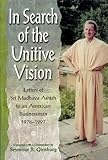Moving Toward Mastery
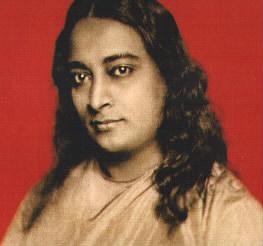
“The inactive man does not do his duty to his Creator or to the society that maintains him. The recluse who devotes his entire life to sincere effort in meditation fulfills part of his duty by trying to find and love God, and thus spiritualize his own life. To improve oneself is to help society by the example of virtue and by making at least one of its members good! But the yogi (monastic or householder) who does his duty to God, and also to the world through some form of uplifting service, is the most highly evolved type of being. He becomes a master (asiddha) when by such dutiful action he attains the supreme inactive state (nirvikalpa God-union), which is free from karmic effects of actions and is filled with the bliss of Spirit.”
–Paramahansa Yogananda (Indian Spiritual Teacher and, in 1920, Founder of the Self-Realization Fellowship, 1893-1952)

“God Talks with Arjuna: The Bhagavad Gita” (Paramahansa Yogananda)
Spiritual Magnetism
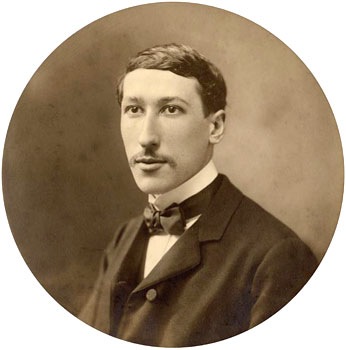
“He [Peter Deunov] is the greatest spiritual magnet yet able to appear on the earth. He will magnetize his disciples with the magnetism of love, and they in turn will transmit this magnetism to humankind as a whole.”
–René Guénon (a.k.a. Shaykh `Abd al-Wahid Yahya, French Intellectual, Metaphysician and Writer on the Perennial Philosophy, 1886-1951)
Walking the Path
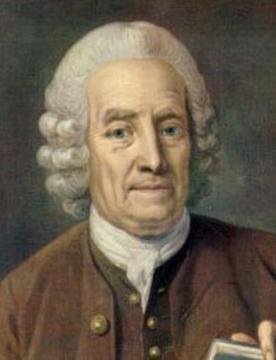
“We can know the path to heaven to some extent simply by considering what the people who make up heaven are like, realizing that no one can become an angel or get to heaven unless he or she arrives bringing along some angelic quality from the world. Inherent in that angelic quality is a knowing of the path from having walked it and a walking in the path from the knowing of it.”
–Emanuel Swedenborg (Swedish Scientist, Mystic and Philosopher, 1688-1772)
Mastery of Your Fate
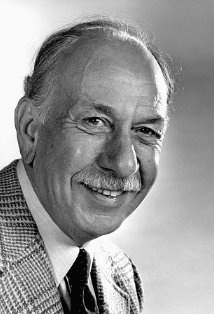
“A man, when he wishes, is the master of his fate.”
–Jose Ferrer (Puerto Rican Actor, Director and Producer, 1912-1992)
Recognizing a Master
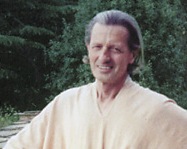
“The Master is one with the spirit. He exemplifies the final attainment. He is what is as yet only a partially realized potential in your own being. You can “recognize” him only to the extent that you can feel the responses in your essence when like answers to like.”
–Sri Madhava Ashish (a.k.a. Alexander Phipps, British-born Hindu Mystic, Writer and Teacher 1920-1997)
The Concerns of a Person of Spirit
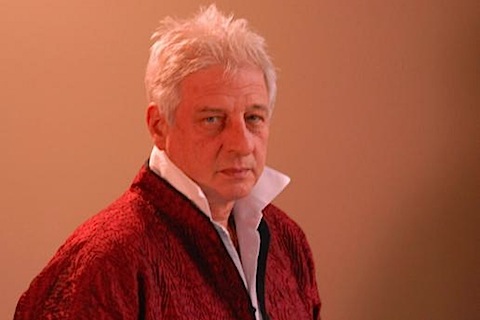
“The concerns of Spirit-man are his levels of energy and the inner impact he creates for himself, not his staying alive. Spirit-man sees himself as eternal and prays only that his path may be well trod, with honor. He does not seek end results and is detached from concerns about life and death, political change, or social structure. Spirit-man rests within himself and is busy manipulating his own life, not the lives of others.”
–Stuart Wilde (English-born Author, Lecturer and Humorist 1946-)
A Truly Awakened Person
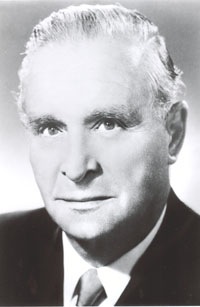
“A truly awakened person is one who freely gives light, life, wisdom, knowledge, encouragement, and the outstretched hand to all with whom he comes into contact….the Divine shines out in him, awakening the aspiration to enlightenment in all those who are able to perceive it.”
–Geoffrey Hodson (English-born New Zealand Theosophist, Mystic, Teacher and Author, 1886-1983)

The Wonder and Glory of Who You Are

“All [masters] live today even as they did then, in the days of what you call your past. And all the masters and all the messengers – Buddha, Abraham, Baha’u’liah, Jesus, Krishna, Moses, Muhammad, and all the others – love you today as they did then, and invite you today as they did then to accept and embrace the wonder and the glory of Who You Are.”
–Neale Donald Walsch (American Writer, 1943-)

“Tomorrow’s God : Our Greatest Spiritual Challenge” (Neale Donald Walsch)
The Simplicity of Saints
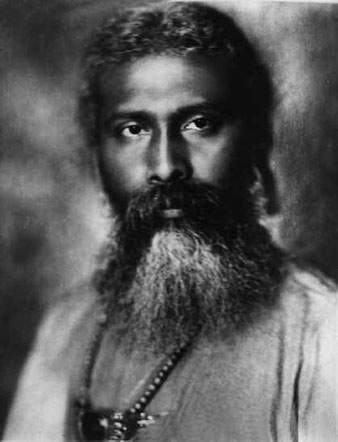
“Simplicity of nature is the sign of saints.”
–Hazrat Inayat Khan (Indian Founder of Universal Sufism and the Sufi Order International, 1882-1927)
Integrating Reason and Intuition
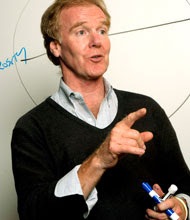
“People with high levels of personal mastery do not set out to integrate reason and intuition. Rather, they achieve it naturally- as a by- product of their commitment to use all the resources at their disposal. They cannot afford to choose between reason and intuition, or head and heart, any more than they would choose to walk on one leg or see with one eye.”
–Peter Senge (American Expert on Organizational Development and Head of the Center for Organizational Learning at the MIT Sloan School of Management, 1947-)

